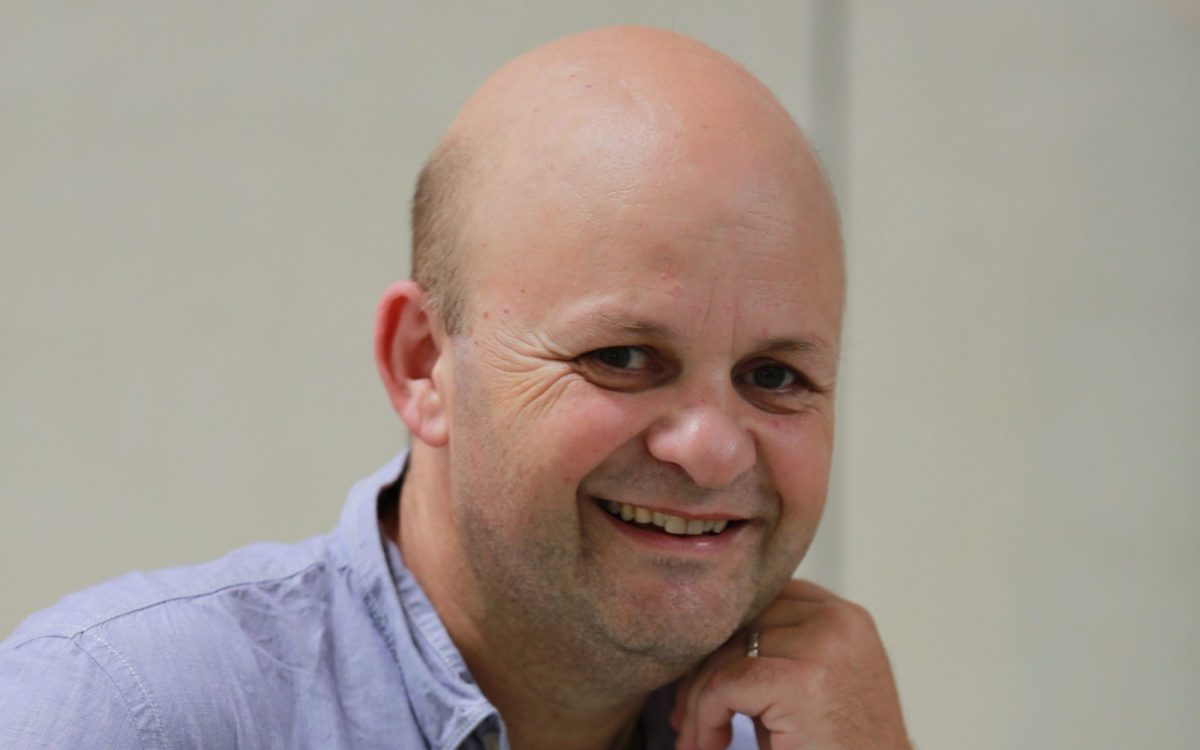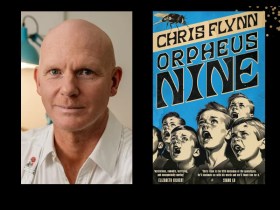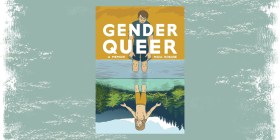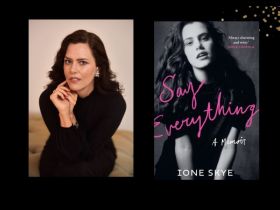After seven years at the helm of small press Puncher & Wattmann as its co-owner and Publishing Director, Ed Wright has decided to pursue other avenues. He speaks to ArtsHub about the rewards and challenges of working in publishing.
Please take us back to the creation of Puncher & Wattmann. Where did the name come from? How did you become involved in the business?
David Musgrave started the press in 2005, predominantly as a poetry press. The name is a reference from the character Lucky in [Samuel] Beckett’s Waiting for Godot. I joined the press as fiction editor in 2015 and began to build a list. In 2018, I became a co-owner and Publishing Director.
How did it change from being an imprint of poetry to a publisher of novels/short stories? Was it an organic process or a more calculated one?
During my time as Publishing Director, I put a lot of energy into building a fiction and narrative non-fiction list. The success of this changed the balance of the press, which started to become more widely known in the literary world, though the poetry remained a vital part of the press’ identity. It was done partly with the desire to make the press commercially viable. This was partly successful in that we were able to sustain the press with relatively little funding (we received about $100,000 of Australia Council grants during this period), but only if we didn’t really pay ourselves for our work. I also managed the marketing and publicity strategies for the press during this time and enjoyed the challenge of working out ways to boost Puncher & Wattmann’s profile when we were unable to afford publicists and had no discrete marketing budget.
Read: Book review: Everyone on Mars, Larry Buttrose
In your seven years, how many books were published under your care and direction?
There were 27 works of fiction, seven non-fiction, 10 books of poetry and one poetry anthology.
Career highlights and low points?
High: The Miles Franklin shortlistings were great. I wasn’t expecting the first, which was Philip Salom’s brilliant novel, Waiting, but by the time of the fourth (and one longlisting) I felt I could justifiably say that it had something to do with the decisions I was making and that it wasn’t just a fluke. I also liked discovering fresh voices. My publishing choices were dictated as much as anything by taut writing and the pleasure of being surprised.
Low: It was always a bit of a low point having success with an author, then seeing their next book snapped up by a bigger publisher who could afford to pay them a decent advance. Coming to the realisation that I couldn’t stay on with the press was also a low point, though I’m at peace with that now.
Several books made it to shortlist/longlists with various awards, was there one you were particularly proud of?
I am proud of all the books I published for different reasons, and I’d hate to have to single one out. Some of my favourite books didn’t win any prizes, nor were they ever going to.
What do you think the general state of publishing is in this country? And of small presses like Puncher & Wattmann in particular?
Pretty dire. It’s too long a topic to get into here, but the traditional business model for small publishers is horrendous and you have to be innovative just to survive. Then again, it’s a business that attracts people who are passionate about the things being made. And it’s hard to see that ever coming to an end.
Are you looking to move into another adjacent publishing role once you’ve had a break? Will you consider writing a book yourself?
Read: What I’ve learned: Peter Rose, Australian Book Review
I love editing and publishing books, so can see myself being drawn back into it, once I’ve had a chance to decompress. In the interim, I do have a book idea I’ve been tinkering with and I’m also looking forward to some undirected reading.
Wright’s resignation from Puncher & Wattmann will be effective from Thursday 1 May 2025.





